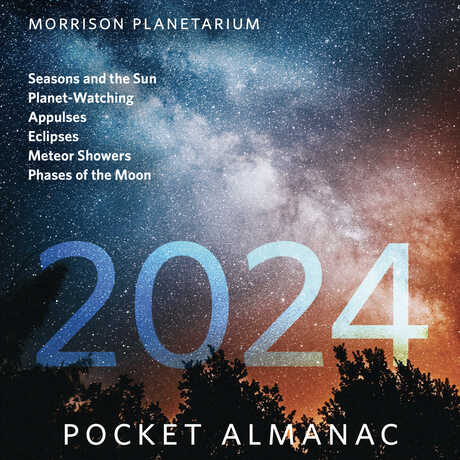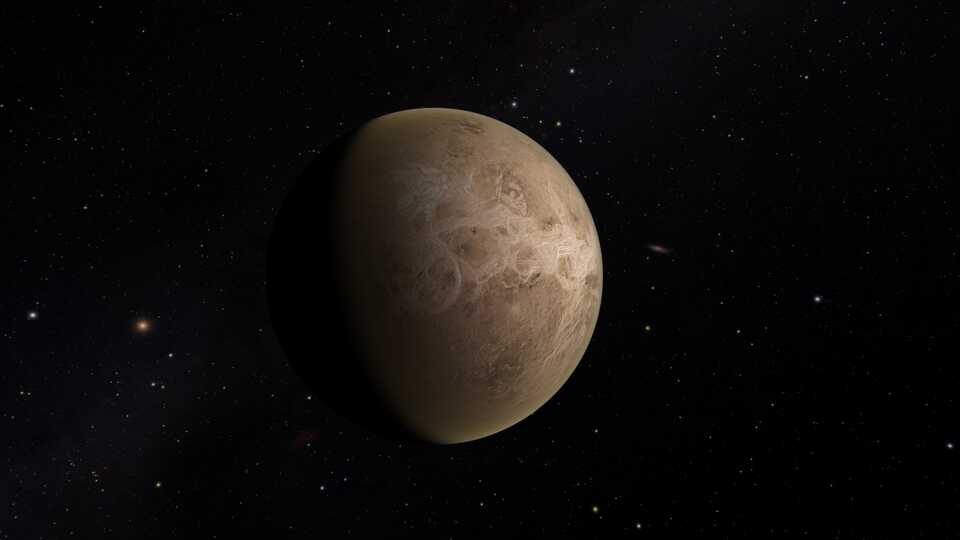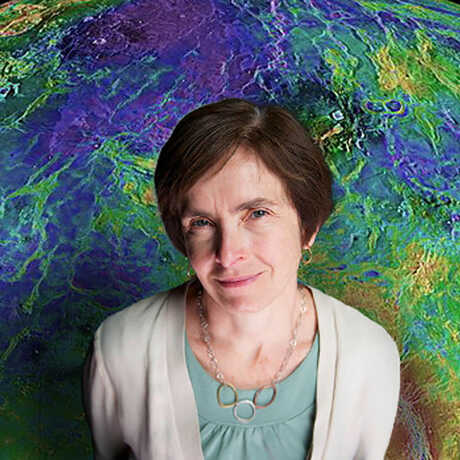Download Morrison Planetarium's 2024 Pocket Almanac to stay up-to-date on eclipses, meteor showers, satellite spottings, and more.


Venus: A Lost Habitable World?
Monday, June 14, 7:30 pm
Virtual Astronomy Lecture
Venus today is supremely uninhabitable. Yet it may have been the first planet in our solar system with conditions suitable for life! Just as we can learn about the evolution of civilization from archeological sites, Venus—our twin planet—has deep lessons for what makes our home planet unique. Its geology today may resemble Earth’s billions of years ago, when processes evolved that shaped Earth into a living world.

About the Speaker
Suzanne Smrekar is a Senior Research Scientist at NASAʼs Jet Propulsion Laboratory and is Deputy Principal Investigator for the InSight Mars lander. She has been involved in several missions dedicated to studying the solar system, including the Magellan Venus Orbiter, the Mars Reconnaissance Orbiter, and instruments carried aboard the Mars Polar Lander. She is also helping to develop the recently-approved VERITAS mission to Venus. In 1983, she discovered an asteroid and named it 6819 McGarvey, after her mother.
Suzanne's father was born in Venus, Pennsylvania, so although she's been preoccupied with Mars lately, Venus runs in the family! The first planetary mission she worked on was Magellan, and she remains fascinated by what she calls "Earth's evil twin," from which so many lessons about Earth's own evolution can be learned.
Download Morrison Planetarium's 2024 Pocket Almanac to stay up-to-date on eclipses, meteor showers, satellite spottings, and more.
